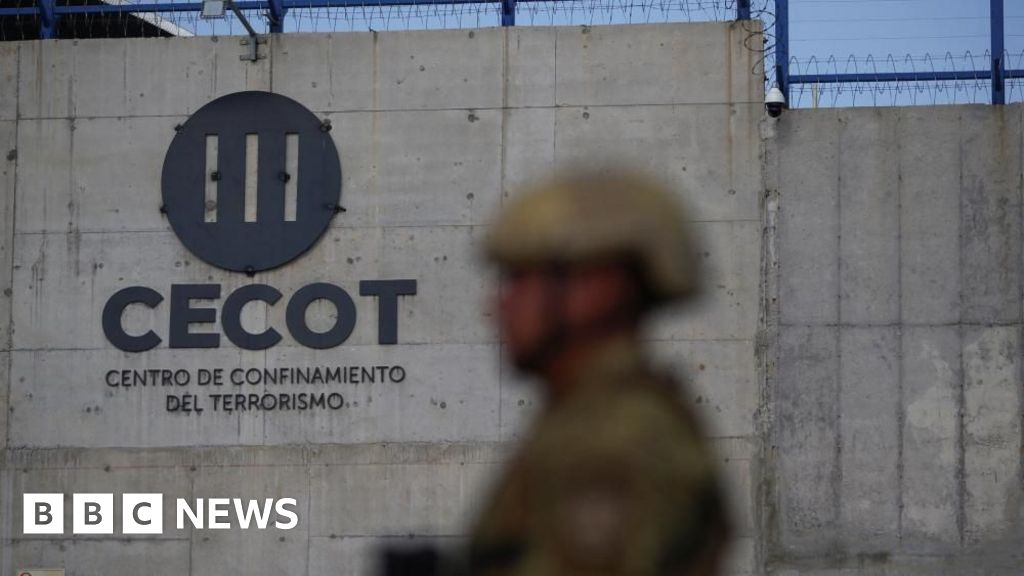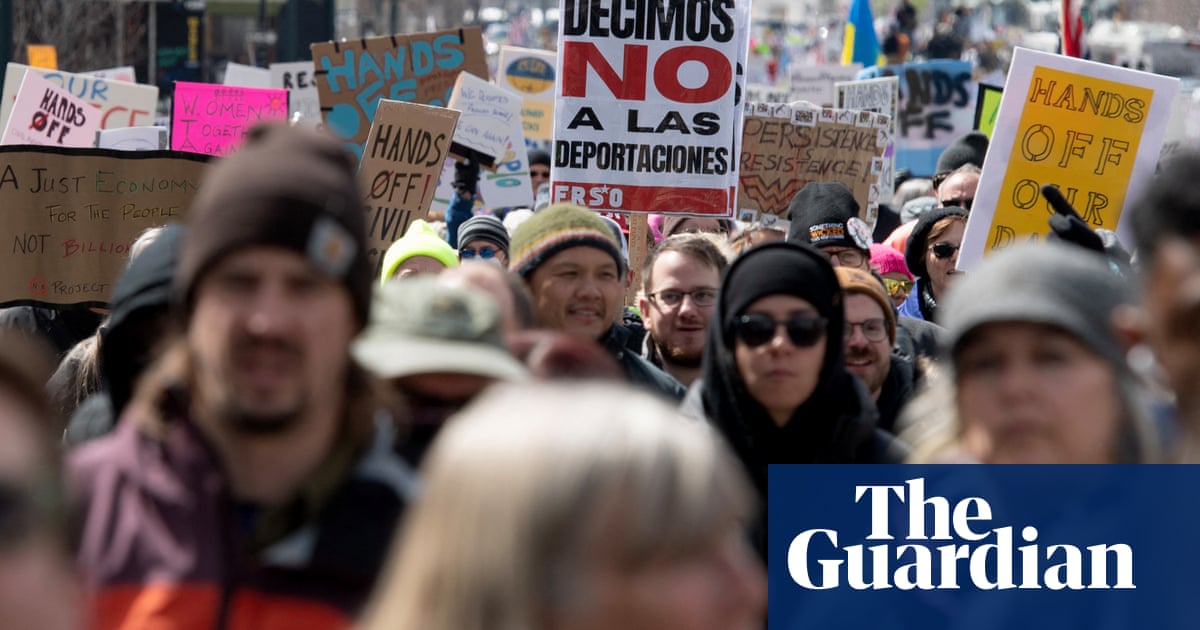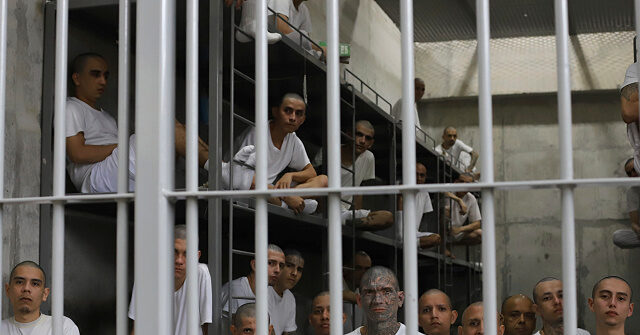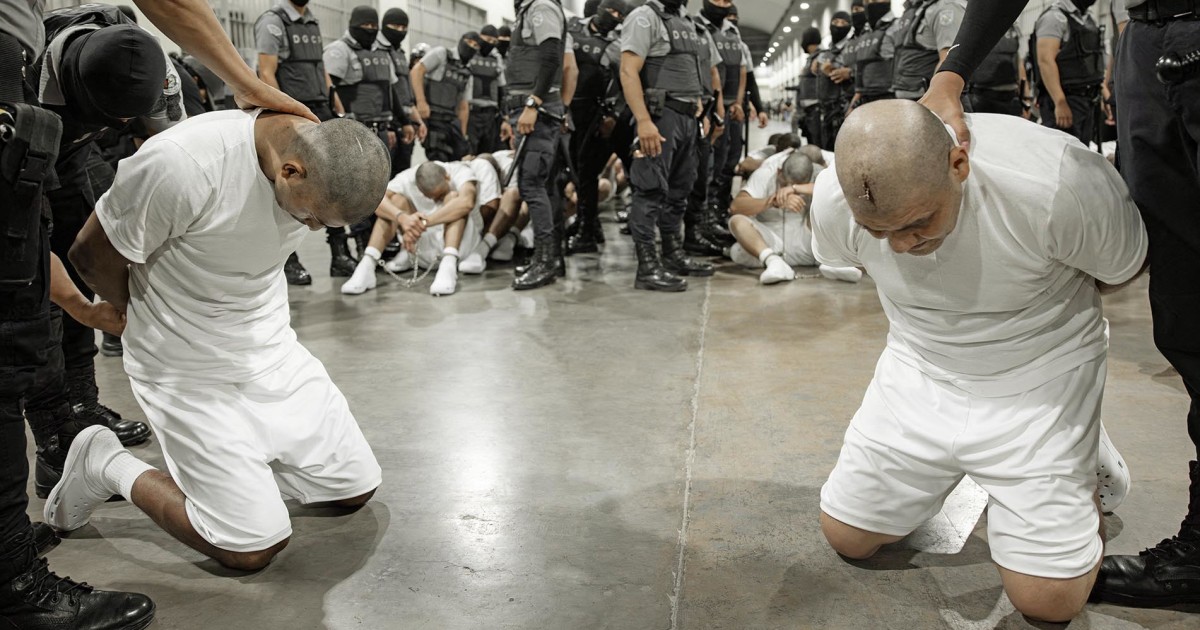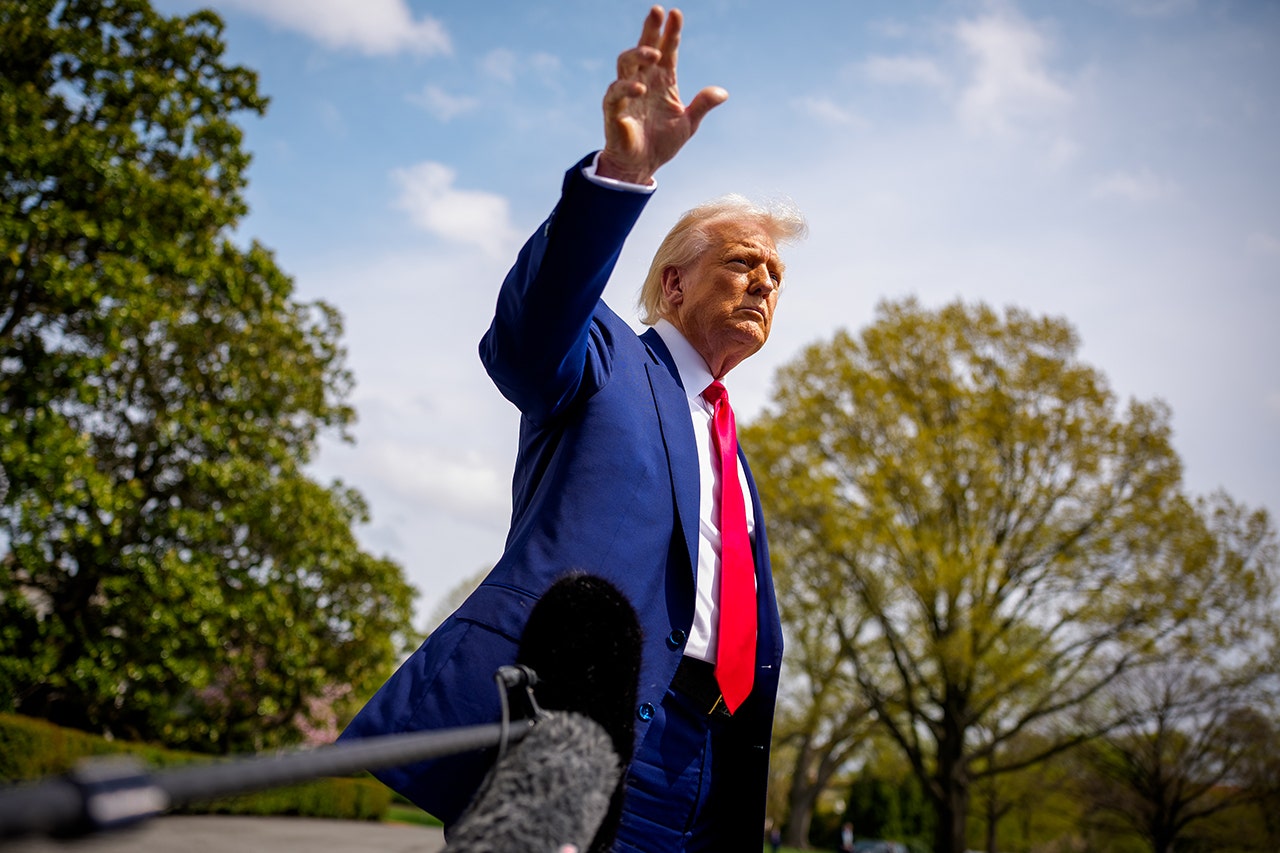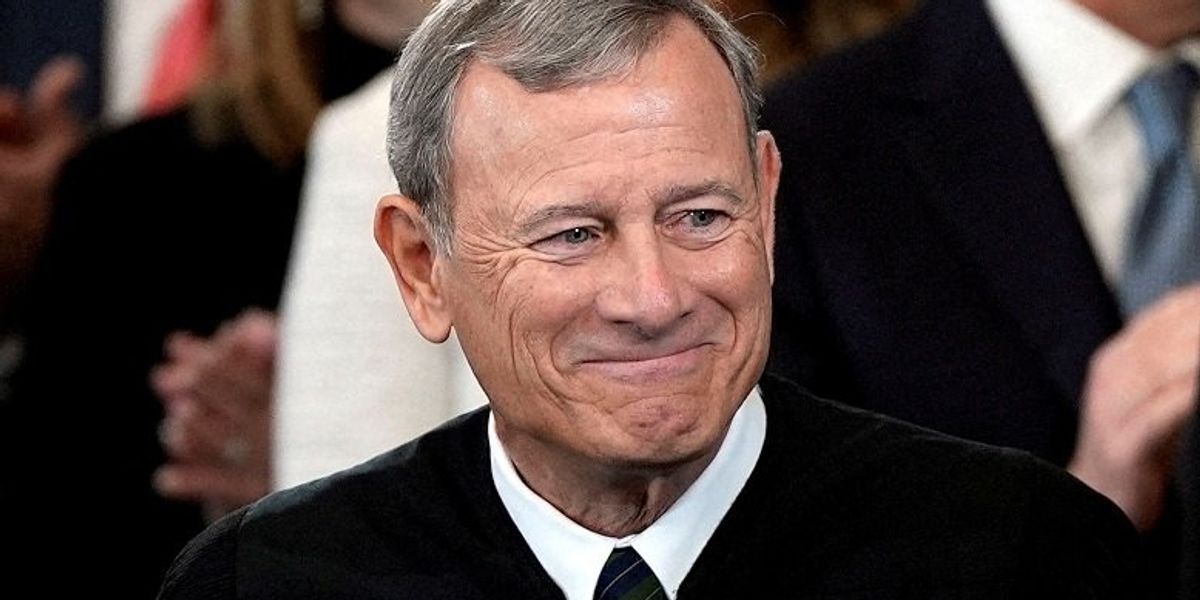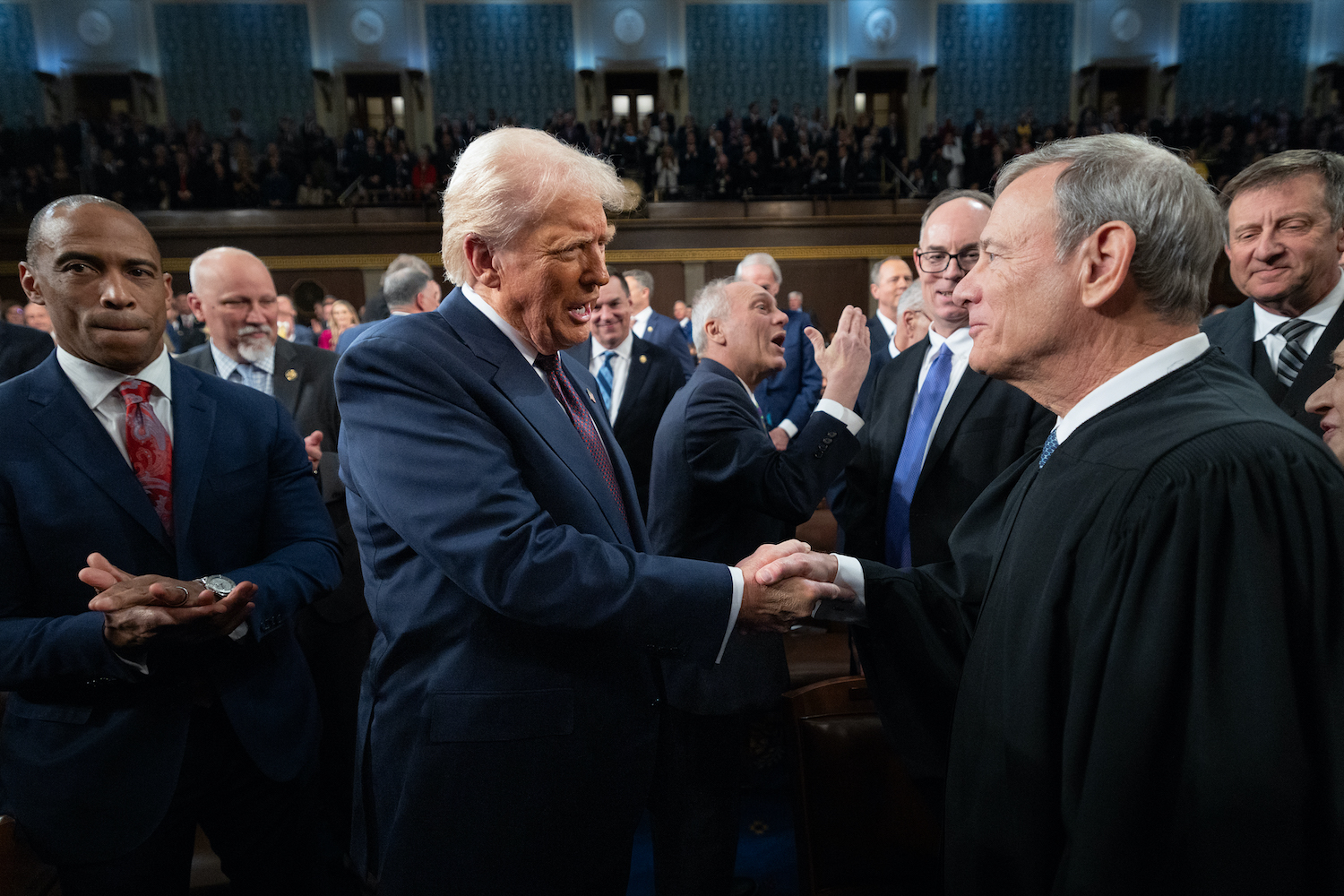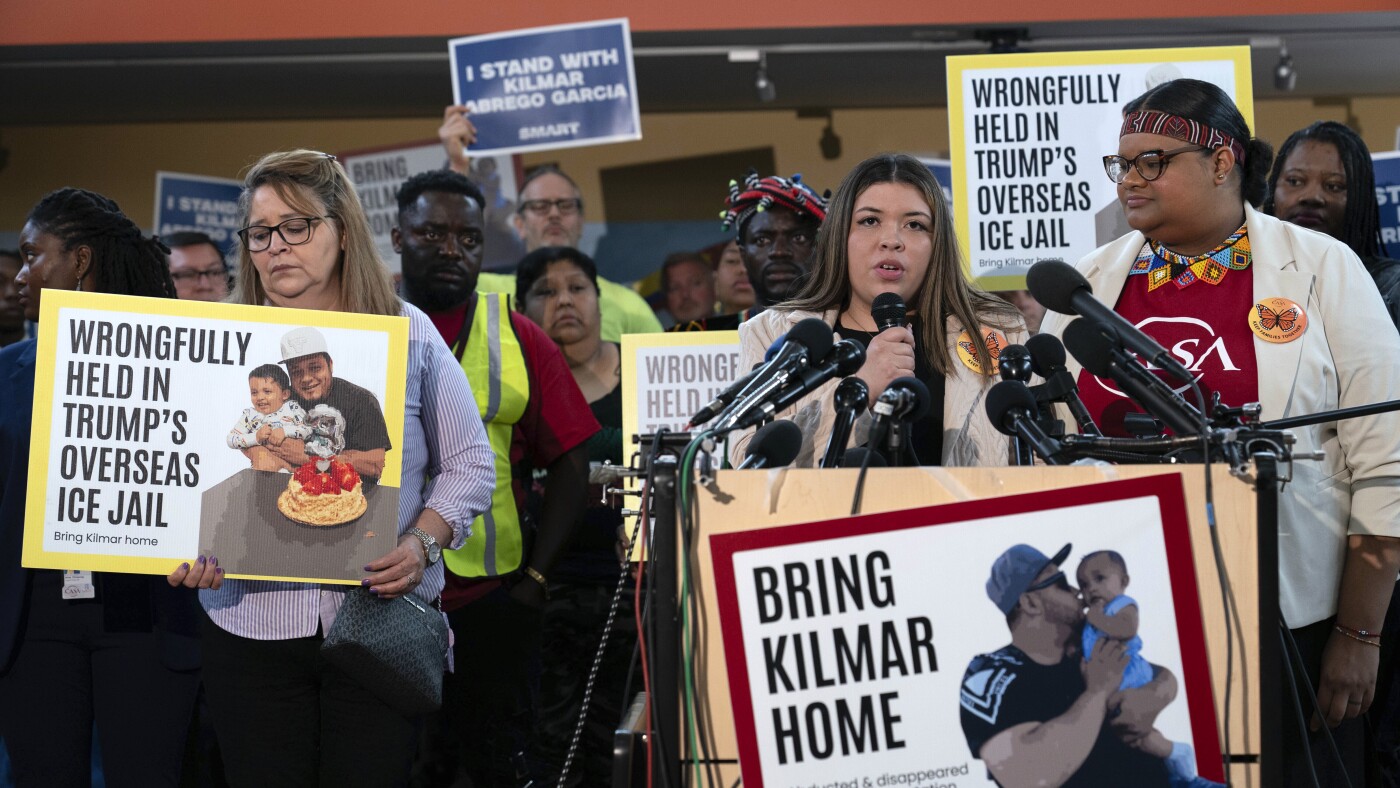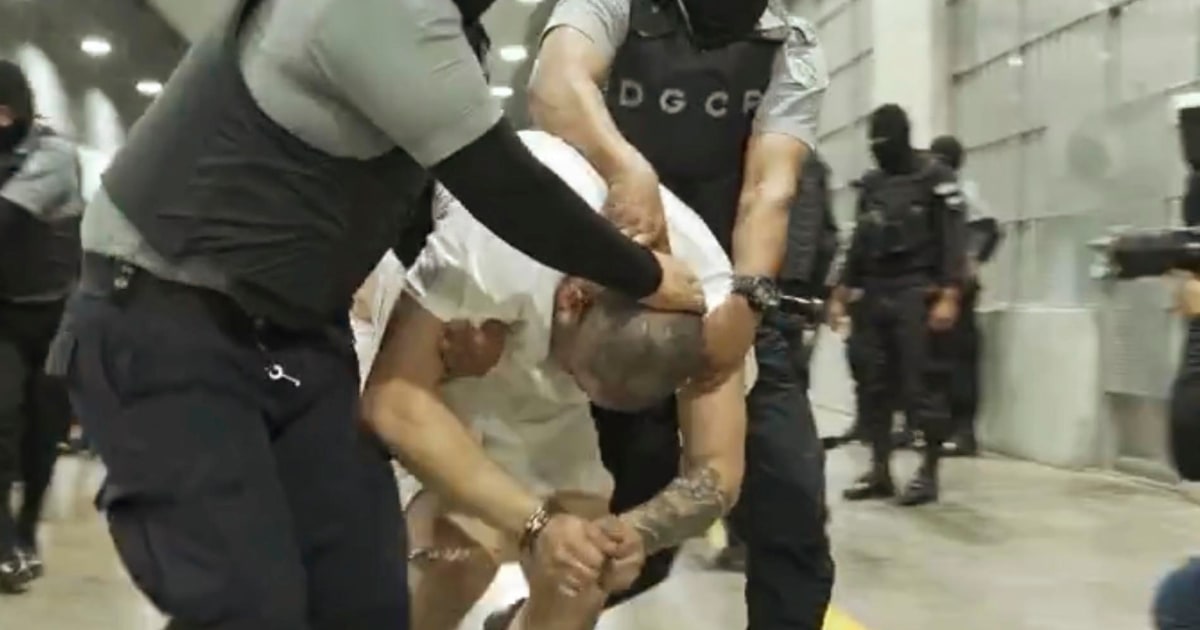Supreme Court Ruling Affirms Usage of Alien Enemies Act for Deportations Amid Ongoing Legal Battles
The Supreme Court's ruling allows the Trump administration to deport Venezuelan migrants but mandates court hearings prior to removal, impacting current deportation processes.
Subscribe to unlock this story
We really don't like cutting you off, but you've reached your monthly limit. At just $5/month, subscriptions are how we keep this project going. Start your free 7-day trial today!
Get StartedHave an account? Sign in
Overview
On April 7, 2025, Chief Justice John Roberts granted a temporary stay on the Trump administration's order to return Kilmar Abrego Garcia, mistakenly deported to El Salvador. Meanwhile, the Supreme Court permitted the administration to deport Venezuelan migrants under the Alien Enemies Act but with a requirement for court hearings. This decision impacts deportations, clarifying the need for due process. The Justice Department's appeal concerning Garcia follows U.S. District Judge Xinis's ruling that his deportation was unlawful. Garcia's lawyers argue the original deportation lacked legal justification, complicating ongoing legal discussions around immigration and power separation.
Report issue

Read both sides in 5 minutes each day
Analysis
- The Supreme Court allowed the Trump administration to use a wartime law to deport alleged members of a foreign gang, but mandated that they must receive notice and an opportunity to challenge their deportations in a Texas court, rather than in Washington D.C.
- The court's decision emphasized the importance of due process, confirming that detainees must have a reasonable opportunity to legally contest their removal under the Alien Enemies Act.
- The ruling does not permit immediate resumption of deportations to El Salvador and highlights ongoing concerns about the administration's handling of migrant cases, particularly regarding judicial review.
Articles (33)
Center (11)
FAQ
Abrego Garcia was deported due to an 'administrative error' by the Trump administration, which acknowledged that he should not have been sent to El Salvador given the risk of gang persecution.
A U.S. District Judge, Paula Xinis, ordered Abrego Garcia's return, which was reaffirmed by the 4th Circuit Court of Appeals. The Justice Department appealed for emergency intervention to the Supreme Court, leading to Roberts' temporary stay.
This case raises significant questions about separation of powers and judicial oversight of executive actions, particularly regarding immigration and deportation policies.
History
- 7M

 4 articles
4 articles
- 7M

 4 articles
4 articles
- 7M

 6 articles
6 articles
